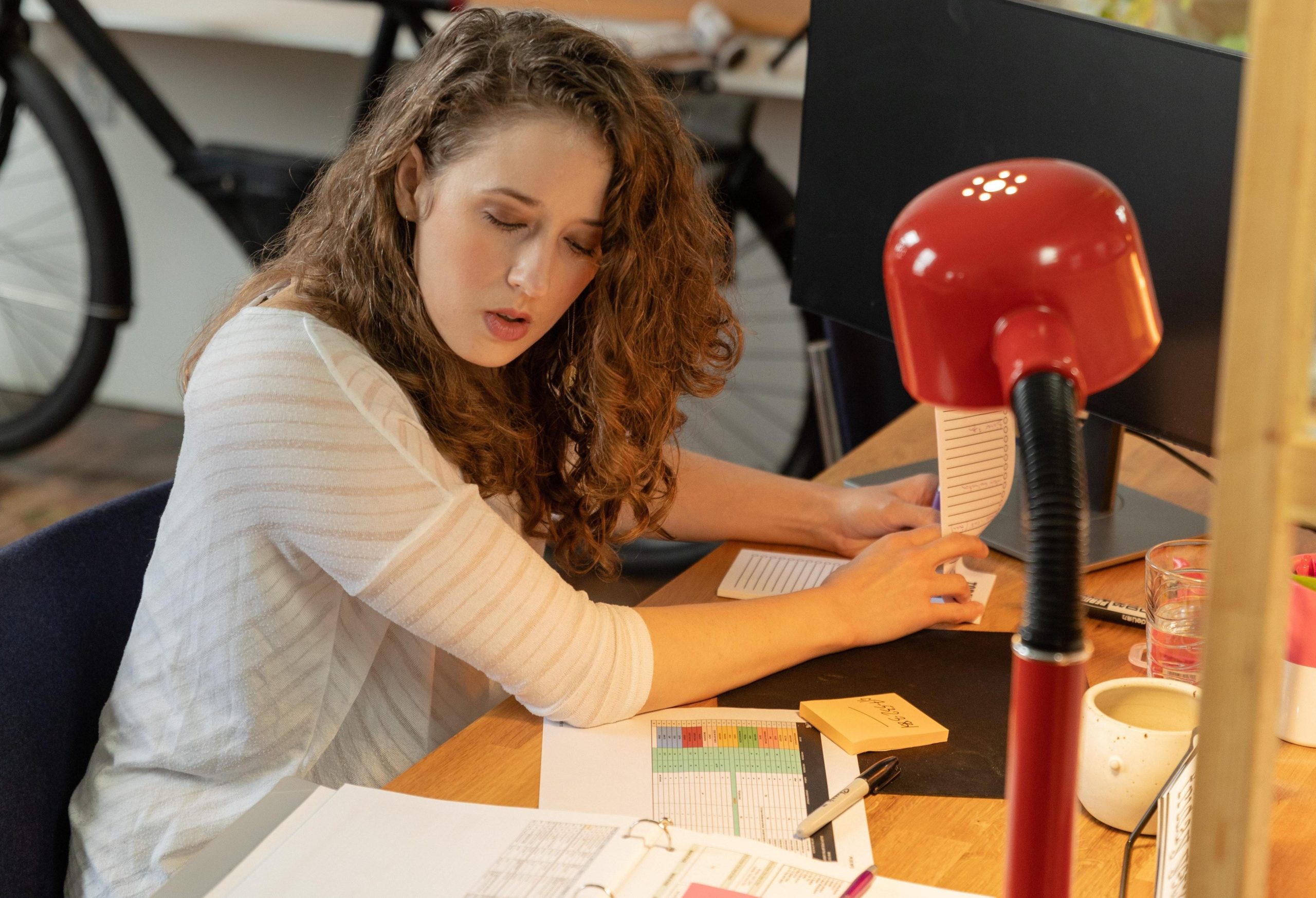When most people think of ADHD they think of little boys bouncing off the walls. Yet this is a myth. Girls and women experience ADHD too. In fact as adults, almost as many women as men have ADHD. Yet, ADHD is under diagnosed in girls and women. The recently released ADHD guidelines highlight that women and girls may be more likely to have undiagnosed ADHD. They may also be more likely to be misdiagnosed with another condition instead. So it’s no surprise that an estimated 3/4 of women with ADHD are undiagnosed!
The problem with this is that ADHD has an equally negative impact on women and girls as it does on men and boys. Both experience difficulties at school (though girls’ difficulties may be different and not to the same extent as boys with ADHD) and in study, at work and at home, in relationships and in their personal lives. So why is ADHD missed in girls and women?
- The type of ADHD that women typically have – There are 3 different types of ADHD. When most people think of ADHD they think of the Hyperactive type. However most girls and women have the Inattentive type of ADHD. This means they don’t fit the stereotype of ADHD that people hold to. As children these girls are typically not disruptive in class so are more likely to fly under the radar and avoid diagnosis.
- Co-occurring Anxiety and Depression – Studies have found that girls and women are more likely to experience depression and anxiety alongside of ADHD. Often this leads to an oversight of their ADHD symptoms.
- Women and girls tend to overcompensate – working harder means that the signs are less evident. Girls may appear to be functioning better at school and study as a result.
So having an idea of what ADHD symptoms look like in women and girls can be helpful. Symptoms could include:
- Difficulty making decisions
- Underachieving at school
- Talking too much or too often
- Feeling as though you need to work harder than everyone else to achieve the same outcomes
- Difficulties completing things or seeing things through
- Difficulties with friendships and relationships
- Low self esteem
- Disorganisation – despite buying diaries, downloading apps and all your best efforts.
- Difficulty keeping on top of paperwork, finances and clutter
- Feeling that life is out of control.
- Feeling like your mind is overly busy
- Difficulty relaxing and / or sleeping
The good news is that ADHD is highly treatable and an accurate diagnosis can lead to a sense of relief, as well as empowering you to engage with treatments and interventions to improve your quality of life. There are several treatment options for ADHD in women and girls including medication, psychological therapy, skills training, relationship counselling and coaching. A thorough assessment can help identify whether you have ADHD, the type of ADHD you have and recommendations to improve your quality of life.
If you think you or your daughter may have ADHD speak with your GP or contact us on (02) 9136 0481 or via the Contact Us form below.

